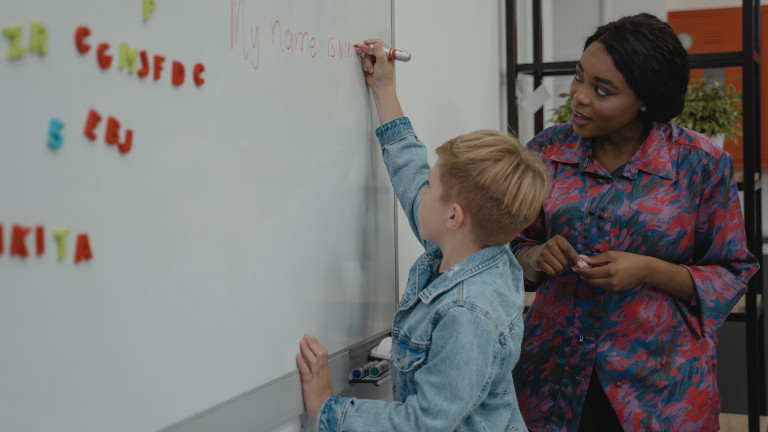Moscow State University of Psychology and Education invites you to the 6th meeting of the Moscow CHAT Reading Group “ReadingLive”, that will take place on May 25th at 6 pm (Moscow time) in Zoom.
Invited experts:
Matthew E. Poehner , Associate Department Head of Curriculum & Instruction; Professor of Education (WLED & Applied Linguistics), The Pennsylvania State University (USA).
James P. Lantolf George and Jane Greer Professor Emeritus in Language Acquisition and Applied Linguistics Director, Center for Advanced Language Proficiency Education and Research Xi’an Jiaotong University (P.R. China) and The Pennsylvania State University (USA) (Emeritus).
Presentation title: The ZPD and Second Language Learning: A Method for Future-in-the-Making.
Abstract. In this webinar, we begin with an overview of important contributions and approaches to Dynamic Assessment (DA) that have been pursued by second language (L2) researchers in their efforts to identify learner “ripening” abilities and align subsequent instruction to them in order to promote development (Poehner, 2018; Poehner & Wang, 2020). Turning to the problem raised by Valsiner and van der Veer (1993) concerning the Zone of proximal development (ZPD), we propose that this work offers a potential solution to the methodological difficulty of empirically observing the future in the present. Specifically, attention to the quality of mediation required by learners during DA is interpreted as indicative of how ‘near’ or ‘far’ learners are from independent performance, that is, from the language abilities in question shifting from the ZPD to ZAD. In this way, future independent performance is brought into the present during DA – a dialectical activity in which tension between learner actual abilities and the demands of the task are resolved through mediator-learner cooperation. We then consider how this approach to possibly observing the future-in-the-making can be further developed through increased attention to the forms of learner contribution and responsiveness during DA. The concept of learner reciprocity, originating in the DA research of Lidz (1991) and Feuerstein (Feuerstein et al., 2003), offers a point of departure for capturing the various ways in which learners may engage with mediation and how this offers insights into emerging abilities. While preliminary studies of reciprocity in L2 DA have been undertaken (e.g., Ableeva, 2018; Poehner 2008), a framework to guide the integrated interpretation of mediator and learner moves has yet to be determined. We propose that such a framework offers a resolution to Valsiner and van der Veer’s methodological paradox.
Discussant:
Eduardo Negueruela-Azarola , ILCE Research and Academic Director, University of Navarra (Spain).
Recommended for reading:
Poehner ME, Leontjev D. To correct or to cooperate: Mediational processes and L2 development. Language Teaching Research. 2020;24(3):295-316. doi:10.1177/1362168818783212 https://journals.sagepub.com/doi/10.1177/1362168818783212
You are welcome to send your questions to the speakers in advance: mprclub@mgppu.ru
It is necessary to register in advance:.
Project Moderators
Olga Rubtsova -PhD in Psychology, Associate Professor, Head of the Center for Interdisciplinary Research on Contemporary Childhood, MSUPE
Anna Shvedovskaya -PhD in Psychology, Associate Professor, Head of Department of Information & Publishing Projects, MSUPE
Our contacts:
Еmail: mprclub@mgppu.ru
Russian Psychological Issues: PsyJournals.ru
About the project:
“ReadingLive” is a scientific and educational project, operated by Center for Interdisciplinary Research on Contemporary Childhood and International UNESCO Chair “Cultural-Historical Psychology of Childhood” with the International Journal “Cultural-Historical Psychology” and the University project “Vygotsky’s Library” .
The project is aimed at psychologists, educators, researchers, students and all those interested in Cultural-Historical Psychology and Activity Approach. “ReadingLive” is a special setting, where people from all over the world are invited to read and discuss both classical and contemporary works, written in the framework of the Cultural-Historical Psychology and Activity Approach.
